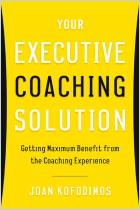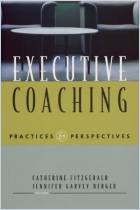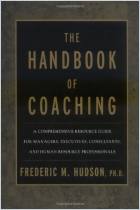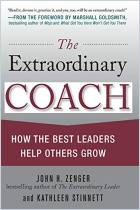
Executive Coaching for Results
The Definitive Guide to Developing Organizational Leaders
Recommendation
Professional sports teams feature the greatest athletes in the world – the fastest pitchers, the strongest hitters and the best ball handlers. Most of these individuals have been playing their sports since they were little kids, working hard to develop and refine their athletic skills over time. Yet, these superbly trained and exceptionally talented athletes depend on coaches to teach them to perform optimally. If sports superstars require coaches, don’t corporate leaders need them also? Brian O. Underhill, Kimcee McAnally and John J. Koriath believe they do. In this book, these executive coaching experts thoroughly explain this leadership development methodology. They describe how your organization can create a solid executive coaching program to develop its leaders’ expertise and professionalism. getAbstract suggests this comprehensive, detailed book to human resources and leadership development professionals, as well as to managers who want to enhance their up-and-coming executives’ leadership capacities.
Summary
About the Authors
Brian O. Underhill is the founder of a leadership coaching company. Kimcee McAnally is a business consultant and executive coach. John J. Koriath is the president and CEO of an executive coaching and consulting firm that provides workshops and custom-designed programs.




















Comment on this summary